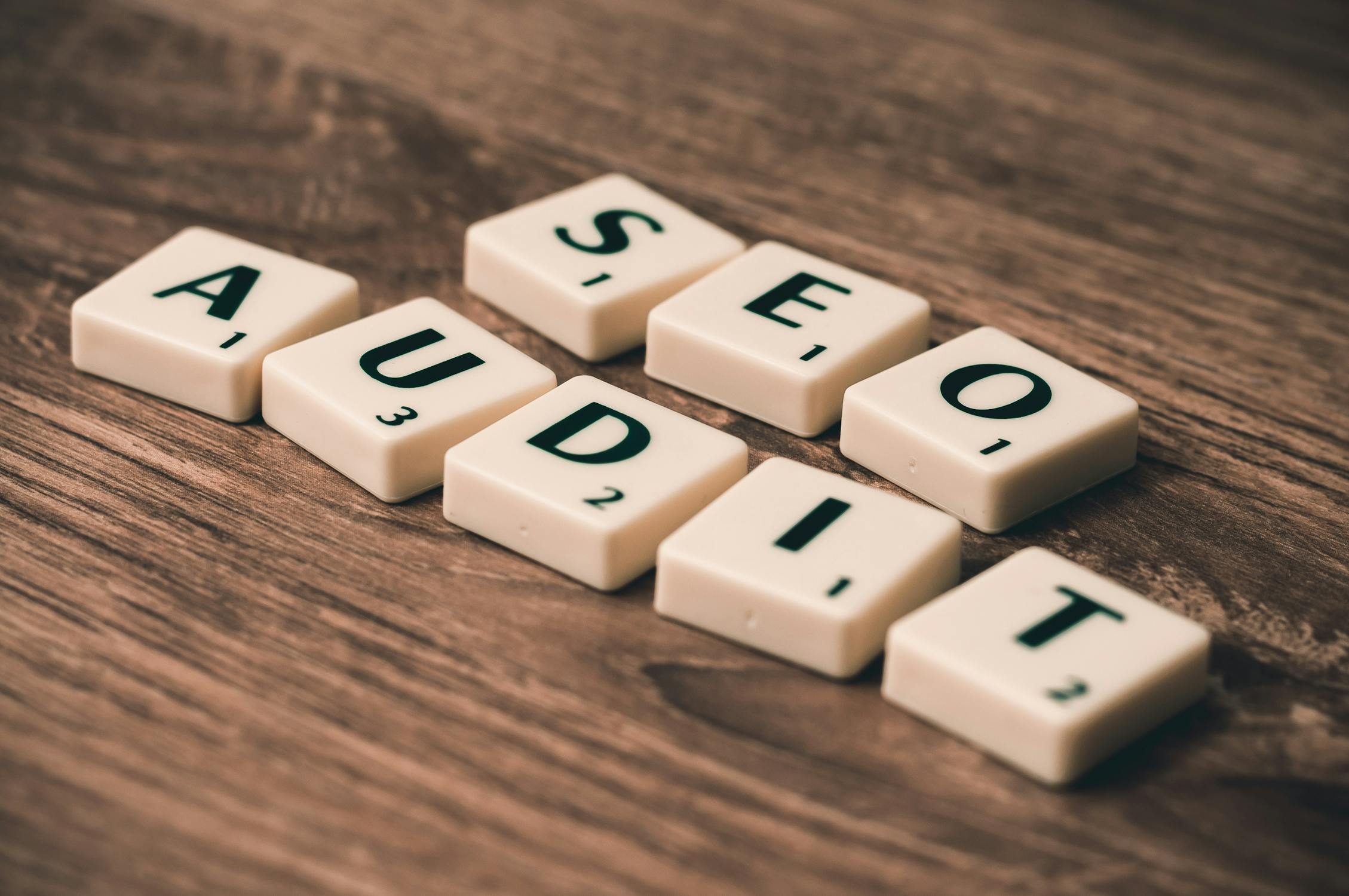The Ultimate Guide to Optimizing Meta Tags for SEO
Optimizing meta tags for SEO is crucial in improving your website's visibility and search engine ranking. Meta tags, including the title tag, meta description, and keywords, play a significant role in how search engines understand and display your content. By effectively optimizing these elements, you can enhance your site's click-through rate (CTR), attract more visitors, and ultimately drive more conversions.
Understanding Meta Tags
Meta tags are snippets of text that describe a page's content. They don't appear on the page itself but only in the page's code. The three most important types of meta tags for SEO are the title tag, meta description, and meta keywords.
The title tag is an HTML element that specifies the title of a web page. It is displayed on search engine results pages (SERPs) as the clickable headline for a given result and is important for usability, SEO, and social sharing.
The meta description is a brief summary of a page's content. While it doesn't directly impact search rankings, a well-crafted meta description can significantly improve your CTR from search results.
The meta keywords tag used to be very important but has lost its value over time due to misuse. Although it's not widely used by major search engines anymore, it can still be relevant for some niche markets or smaller search engines.
Optimizing Title Tags
Title tags are one of the most critical elements of on-page SEO. They should be concise yet descriptive enough to tell both search engines and users what the page is about.
- Keep it under 60 characters: Search engines typically display the first 50-60 characters of a title tag. If you keep your titles under 60 characters, you can expect at least 90% of your titles to display properly.
- Include primary keywords: Place your primary keywords at the beginning of the title tag, as they may have more impact on search rankings.
- Avoid keyword stuffing: While it's essential to include relevant keywords, overstuffing them can lead to penalties from search engines.
- Create unique titles: Ensure each page on your site has a unique title to avoid confusion and potential SEO issues.

Crafting Effective Meta Descriptions
A compelling meta description can significantly influence users' decision to click on your link in SERPs. Here are some best practices for writing effective meta descriptions:
- Keep it between 150-160 characters: Google typically truncates descriptions longer than 160 characters, so keep it concise yet informative.
- Include a call-to-action (CTA): Encourage users to click on your link with persuasive language like "Learn more," "Get started," or "Discover."
- Mention primary keywords: While they don't directly affect rankings, highlighted keywords in descriptions can catch users' attention.
- Avoid duplication: Each page should have a unique meta description to prevent confusion and potential penalties from search engines.
The Role of Meta Keywords
The meta keywords tag has seen a significant decline in importance over the years. Major search engines like Google no longer use this tag as a ranking factor due to widespread abuse and keyword stuffing. However, it may still hold some value for smaller or niche search engines and specific industries where it's still considered relevant.
If you choose to use meta keywords, follow these guidelines:
- Select relevant keywords: Use only those that accurately describe the content of the page.
- Avoid overstuffing: Limit the number of keywords to maintain relevance and avoid penalties.
- Monitor performance: Keep track of how including meta keywords impacts your site’s performance on different search engines and adjust accordingly.
Advanced Tips for Meta Tag Optimization
Beyond the basics of optimizing title tags, meta descriptions, and keywords, consider these advanced strategies to further enhance your SEO efforts:
| Strategy | Description |
|---|---|
| User Intent Analysis | Understand what users are searching for and tailor your meta tags to meet their needs. |
| A/B Testing | Experiment with different versions of title tags and meta descriptions to see which performs better. |
| SERP Analysis | Analyze competitors' meta tags to identify opportunities for improvement or differentiation. |
| Mobile Optimization | Ensure that your meta tags are optimized for mobile devices where screen space is limited. |
| Schematic Markup | Use schema markup to provide additional context to search engines about your content. |
The Importance of Continuous Monitoring and Updating
Your work doesn't end once you've optimized your meta tags. Continuous monitoring and updating are essential to maintaining and improving your SEO performance. Regularly review analytics data to identify trends or changes in user behavior. Update your meta tags as needed based on this data to ensure they remain effective and relevant. In addition to analytics data, stay updated with industry news and algorithm updates from major search engines like Google. These updates often impact how meta tags are interpreted and ranked, so staying informed will help you adapt quickly. Meta tag optimization is vital for enhancing your website's visibility and attracting more organic traffic. By understanding the roles of different types of meta tags and employing best practices in their creation, you can significantly improve your site's performance in SERPs. Continuous monitoring and updating will ensure that your efforts remain effective over time. For more detailed insights into SEO best practices, visit Search Engine Journal.